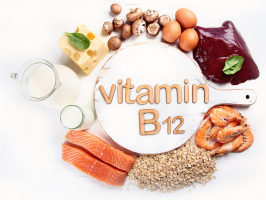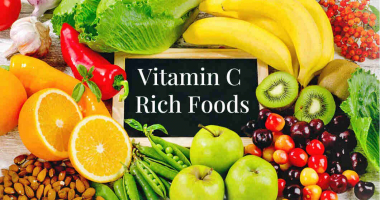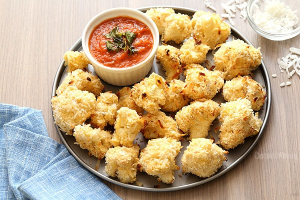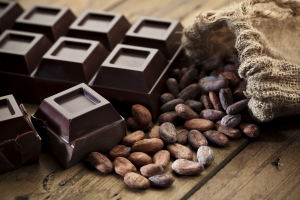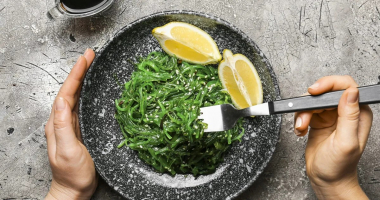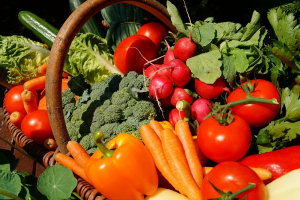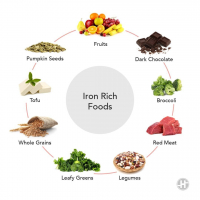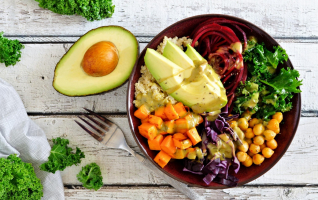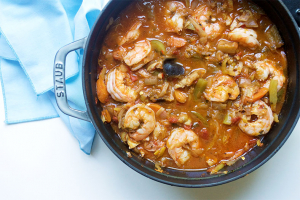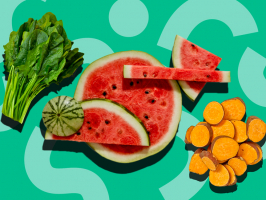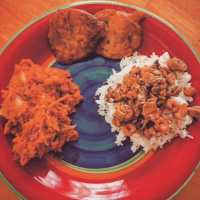Top 10 Best Foods with Hidden Sources of Carbs
Every year, many dieters turn to low-carb diets, but few of them do the research beforehand. Many people can immediately name the worst carb offenders, such as ... read more...spaghetti and bread, but they seldom look for sources of carbs in their food beyond that. Below are some of the best foods with hidden sources of carbs that may be you never thought of!
-
If you're a newbie to carb-cutting, you may think that all animal products are low-carb or even carb-free. But you'd be mistaken. Lactose is a natural sugar found in dairy products. Yogurt, which is made by fermenting milk, needs sugar to keep the fermentation going. Because the friendly bacteria in yogurt eat the sugar, there is less of it in the final product, but some remain. Because some of the lactose-containing liquids are squeezed away, Greek yogurt has fewer carbohydrates. Low-fat variants also include slightly more carbohydrates.
Four grams of total and net carbohydrates are found in a half-cup of plain Greek yogurt. Five grams of total and net carbohydrates are found in a half-cup of normal plain yogurt. And nine grams of total and net carbohydrates are found in a half-cup of nonfat plain yogurt. Flavored yogurts, with added fruit, sugar, or other sweeteners, can have a high carb load. For example, the total and net carbohydrates in a half-cup of strawberry nonfat Greek yogurt are 15 grams; and 30 grams of total and net carbohydrates are found in 2/3 cup of low-fat vanilla-flavored regular yogurt.
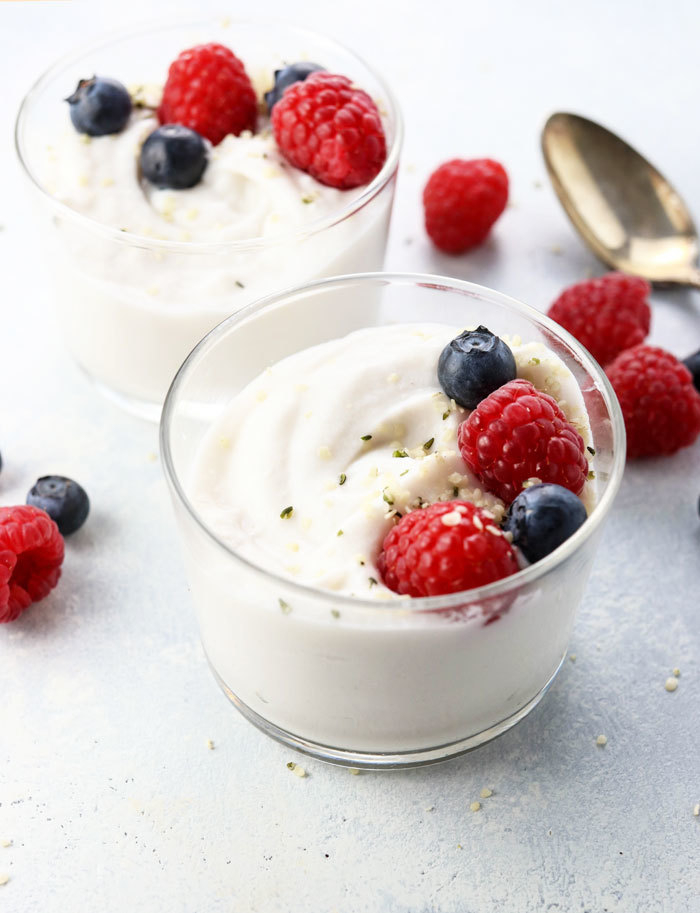
Yogurt 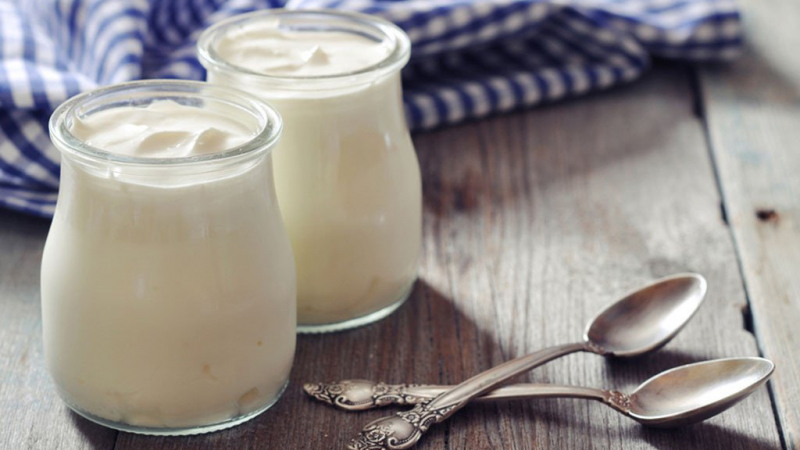
Yogurt -
You could expect to receive exactly what you pay for when it comes to protein supplements. However, muscle-building protein drinks typically contain carbohydrates. This can be due to the sugar content used to make the drinks taste good, but even low-sugar versions aren't exempt. But this isn't a negative thing, because many people drink these products to refuel after an exercise, and carbohydrates are an excellent source of energy for athletes. It's something to keep in mind if you're keeping track of your macros.
Protein bars are another popular snack food designed to be a convenient source of nutrition. Protein bar nutritional values might vary significantly between brands – and even between tastes. This is because their ingredients vary. Dates and dried fruit, nuts and seeds, and nutritious grains like oats or quinoa may all be used to make protein bars. 5–10 grams of fat, 25–35 grams of carbohydrates, and 5–10 grams of fiber make up the common protein bar. Many protein bars are high in micronutrients including calcium, B vitamins, potassium, and iron, in addition to protein and carbohydrates.

Protein bars 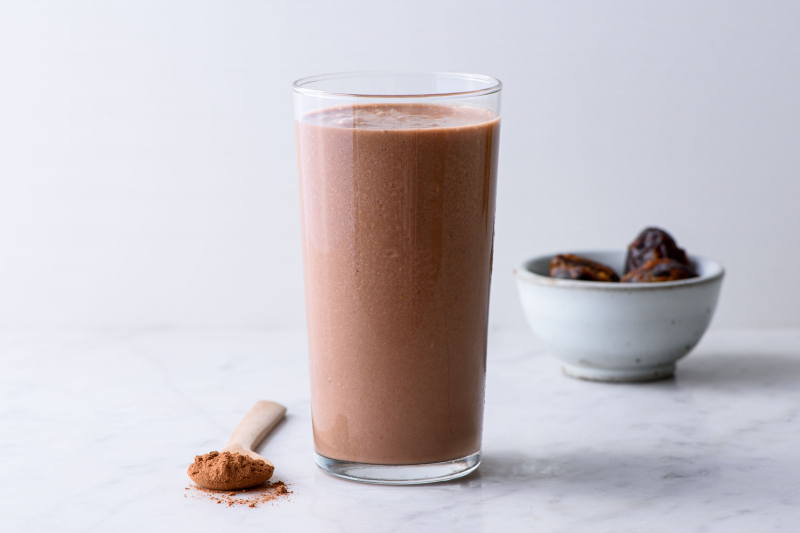
Protein shakes -
You might not expect meat to have carbohydrates. Processed meats, such as salami, sausages, meatballs, and anything brined, may include trace quantities. This is because these meats frequently contain fillers (such as breadcrumbs) and flavorings (like sugar).
For example, meatballs include five grams of total carbohydrates and three grams of net carbs per 6-piece serving. Deli turkey has three grams of total and net carbohydrates per serving (about two slices). There are three grams of total and net carbohydrates in one serving of maple breakfast sausage. Three grams of total and net carbohydrates are included in one link of chicken sausage. And total and net carbohydrates are roughly one gram in four slices of salami.
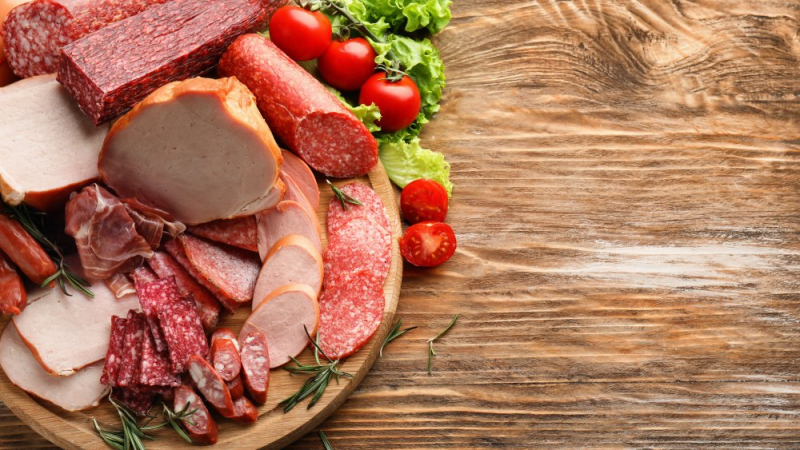
Processed meats 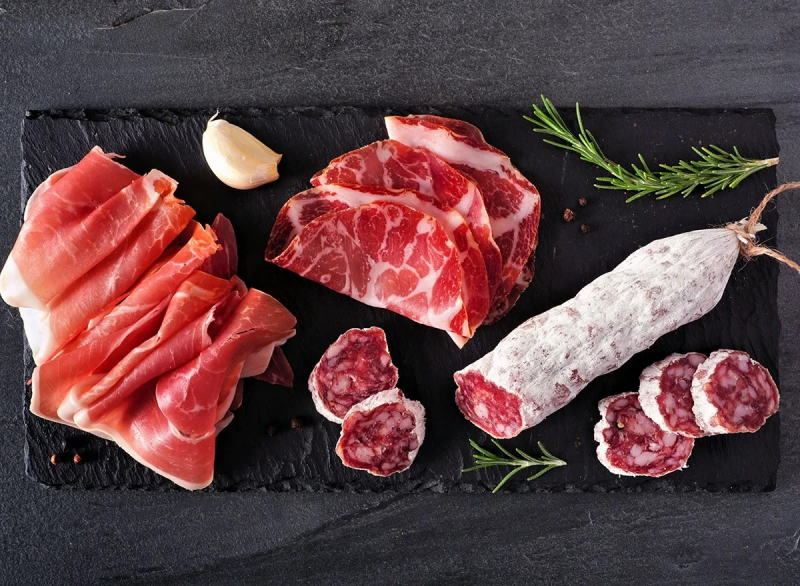
Processed meats -
Plants have been found in studies to lower the risk of cardiovascular disease and diabetes. The plant-based diet emphasizes fruits and vegetables, but it also includes non-meat sources of protein such as nuts and seeds. Nuts and seeds are strong in healthful fats and low in net carbohydrates (total carbs minus fiber). Protein, fiber, vitamins, minerals, and antioxidants are all abundant in them.
But some of these nutritious powerhouses may also pack a carb load, such as 1/2 cup pistachios has eight grams of total carbohydrates and five grams of net carbs. Cashews include eight grams of total carbohydrates and seven grams of net carbs per 1/4 cup. Peanuts include 14 grams of total carbohydrates and 11 grams of net carbs in 1/3 cup. Or 1/2 cup of almonds has 11 grams of carbohydrates and four grams of net carbs.
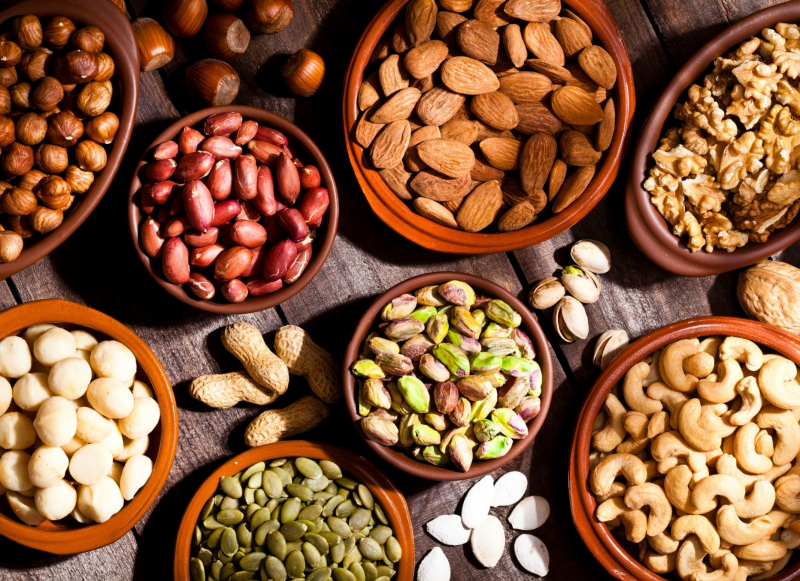
Nuts 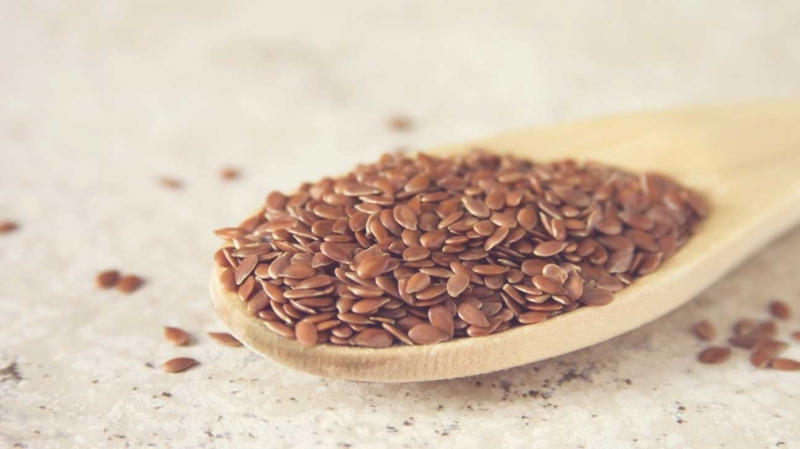
Seeds -
In "The Keto Minute," Dr. Korman found out that, "oysters have carbs in them due to the glycogen in the muscles. Animals, upon death, go through some rigor mortis at which time sugar is depleted from the muscles. Glycogen is actually stored in muscles for future glucose needs. When animals die, the glycogen is depleted from the muscles, leaving them carb-free. In the oysters, however, the glycogen remained in their muscle tissue, so carbs remained present".
Oysters, mussels, abalone, whelk, clams, octopus, and scallops, for example, provide a considerable amount of calories (10–25%) as carbohydrates. However, this does not mean that you should avoid shellfish while on the Keto Diet. Overall, they have a low carbohydrate content and are high in protein and omega 3 fatty acids - all of which help glucose metabolism.

Oysters 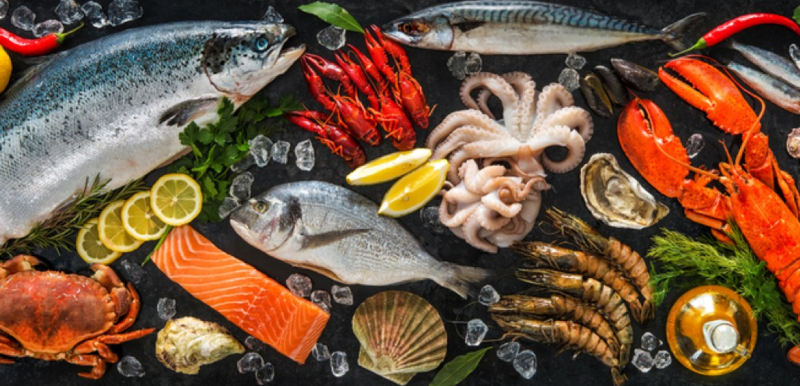
Seafood -
Milk is a good source of calcium, potassium, and numerous B vitamins, among other minerals. However, milk, like yogurt, includes lactose, which is a natural sugar high in carbohydrates.
Whole milk, in fact, has the same 12–13 grams of carbohydrates per 8 ounces (240 mL) as low fat and skim milk. A cup of milk has 13 grams of total and net carbohydrates. Six grams of total and net carbohydrates are found in one cup of heavy cream. That's without any additional sugar. Chocolate milk, for example, contains significantly more carbohydrates. You may be able to incorporate small quantities of milk into your low-carb diet if you just use 1–2 teaspoons (15–30 mL) in your coffee each day. Consider unsweetened almond or coconut milk instead of regular milk if you want to drink it by the glass or use it to make lattes or smoothies.
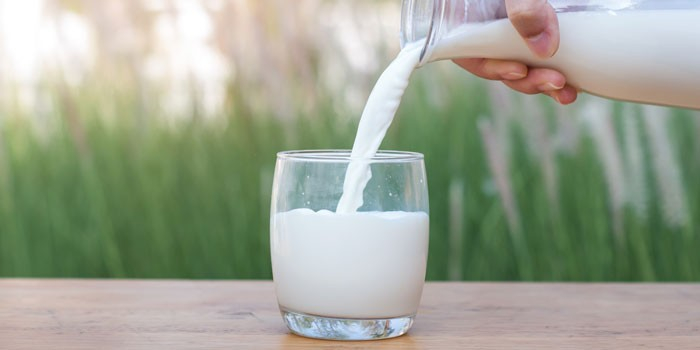
Milk 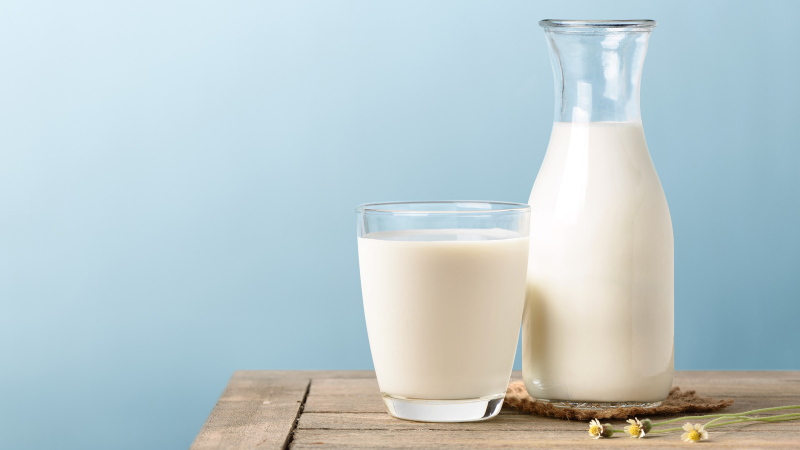
Milk -
Lactose is present in all dairy products, including cheese. Aged cheeses are usually low in carbs, however liquid cheeses include enough milk sugar to have a modest carb count. Carbs can also be included in processed cheeses in the form of extra whey, flavorings, or other chemicals. Ricotta includes roughly nine grams of total and net carbohydrates per half-cup. Cottage cheese provides roughly five grams of total and net carbohydrates per half-cup. And one slice of American cheese has about a gram of total and net carbs.
For those on the keto diet, goat cheese is an excellent option. According to the United States Department of Agriculture, 1 ounce (oz) of goat cheese includes 103 calories, 8 grams of fat, 0 grams of carbohydrates, and 6 grams of protein (USDA). According to Wagner, goat milk cheese has less lactose and proteins that are different from those found in cow's milk, making it easier to digest.
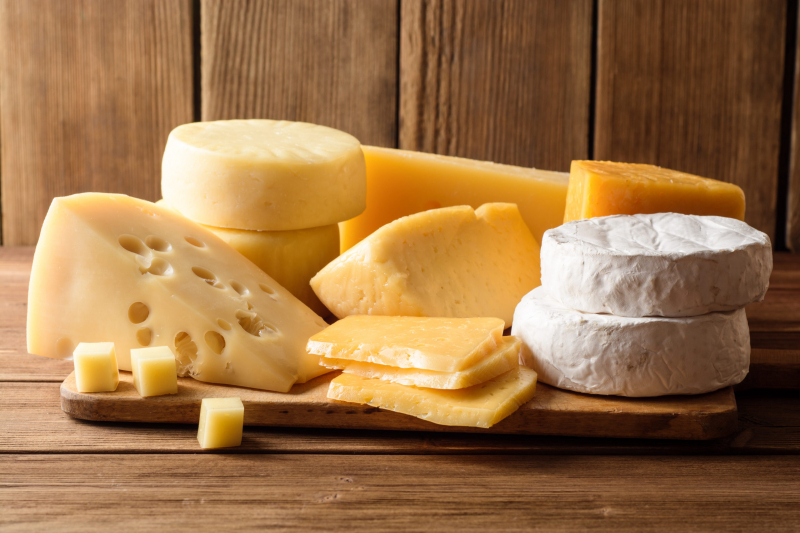
Cheeses 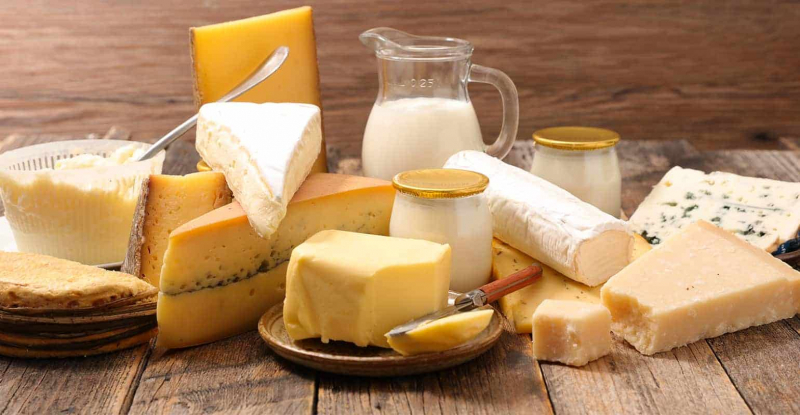
Cheeses -
You might not think of gummies vitamins as a food, but they're another hidden carb in your diet if they're part of your regular vitamin regimen. Vitamin supplements are widely used across the world. Many people believe that taking vitamins can enhance their health or compensate for a nutrient-deficient diet.
Vitamin supplements are widely used across the world. Many people believe that taking vitamins can enhance their health or compensate for a nutrient-deficient diet. Vitamins come in a variety of forms, including chewable gummies. Gummy vitamins have a pleasant flavor and are simple to take. However, most varieties, have additional sugars and may not adequately represent nutritious content on their labels. It is commonly found as glucose or pure sugar. Each serving of gummy vitamins contains about three grams of total and net carbohydrates.
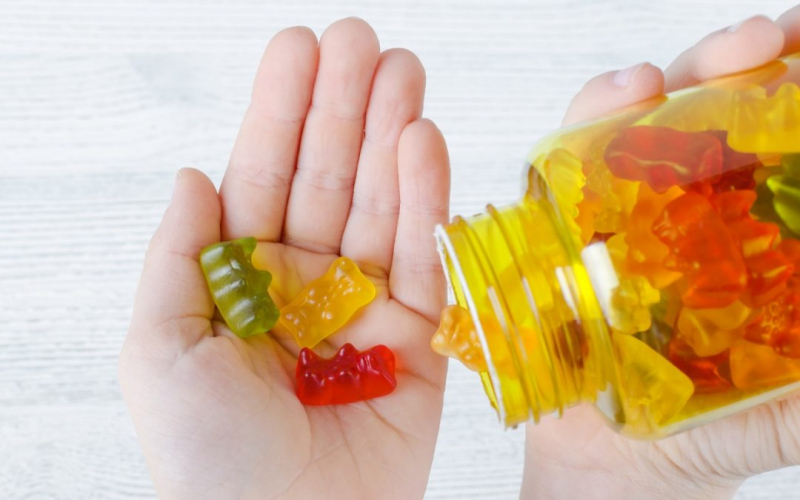
Gummy vitamins 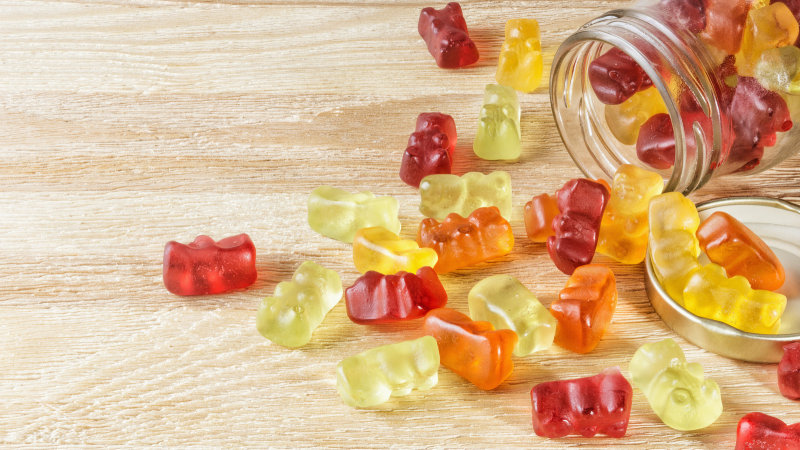
Gummy vitamins -
There is little or no carbohydrate in basic cuts of meat, poultry, and fish seasoned with fresh herbs, spices, salt, and pepper. However, due to any sugars in the components, grilling these meats with barbecue sauces and marinades might lead to carbs intake.
Carbohydrates are found in more than just your food, it's also crucial to consider how you prepare it. Many condiments, sauces, and even marinades include sugar or other components that might increase your carb total. One tablespoon of ketchup has four grams of total and net carbohydrates. One tablespoon of balsamic vinegar has three grams of total and net carbohydrates. One tablespoon of barbecue sauce has six grams of total and net carbohydrates (depending on the type). One tablespoon of soy sauce contains around a gram of total and net carbohydrates. And salad dressing contains from half a gram to five grams of total and net carbohydrates per tablespoon.
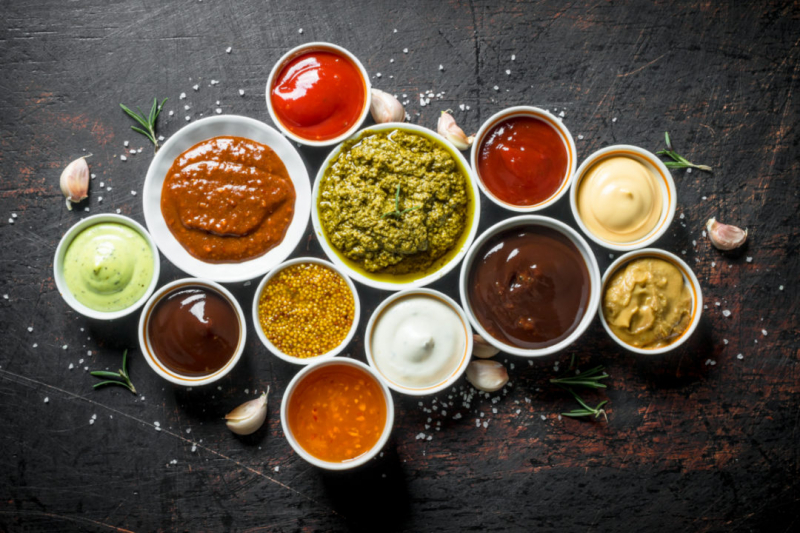
Sauces, marinades, and condiments 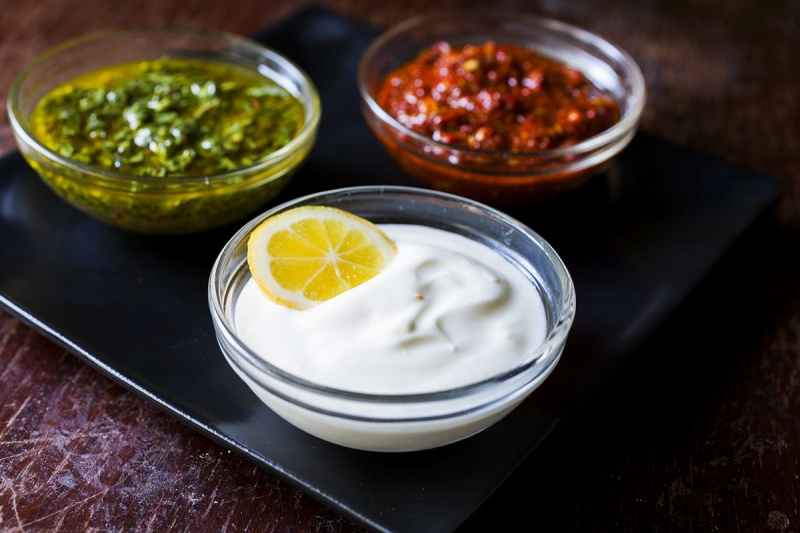
Sauces, marinades, and condiments -
Spices and seasonings, like condiments, are sometimes overlooked when calculating the nutrients in a meal. So you'll have to check the nutrition labels before buying anything because many common spices have added sugar or carbohydrates that aren't allowed on a low-carb diet.
In some cases, these little but potent ingredients may carry taste as well as a smattering of carbohydrates. Here are a few examples: One teaspoon of garlic powder has roughly two grams of total and net carbohydrates. One teaspoon of onion powder contains roughly a gram and a half of total and net carbohydrates. The cumin includes under a gram of total and net carbohydrates per teaspoon. Paprika provides over a gram of total and net carbohydrates per teaspoon.
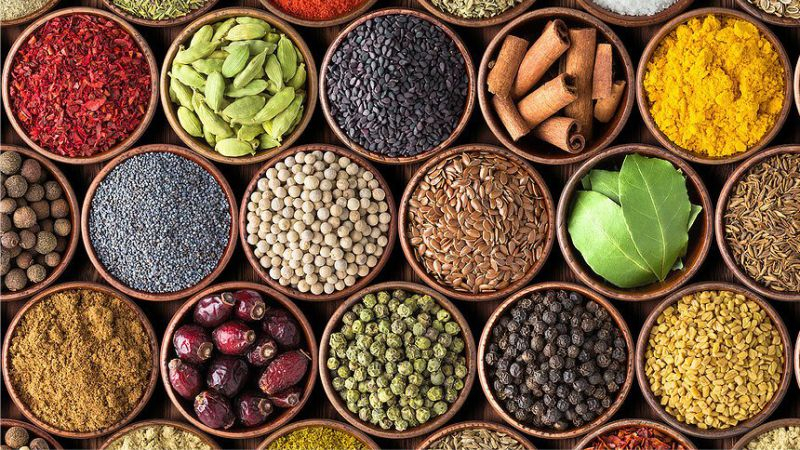
Spicies 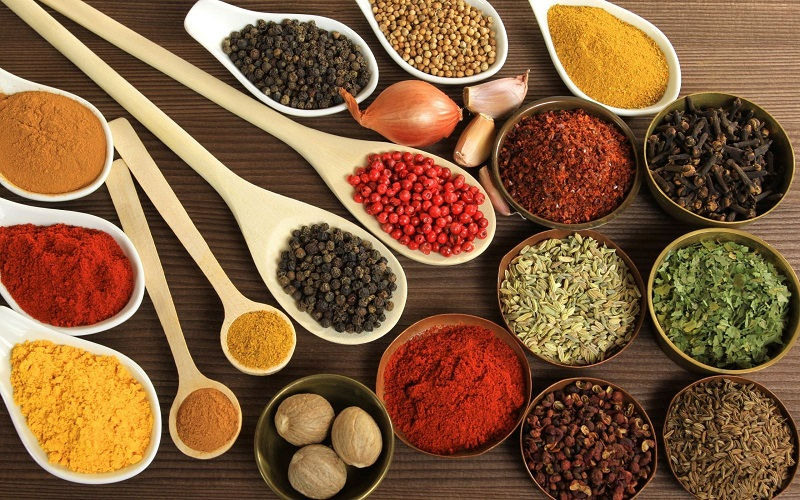
Spicies












